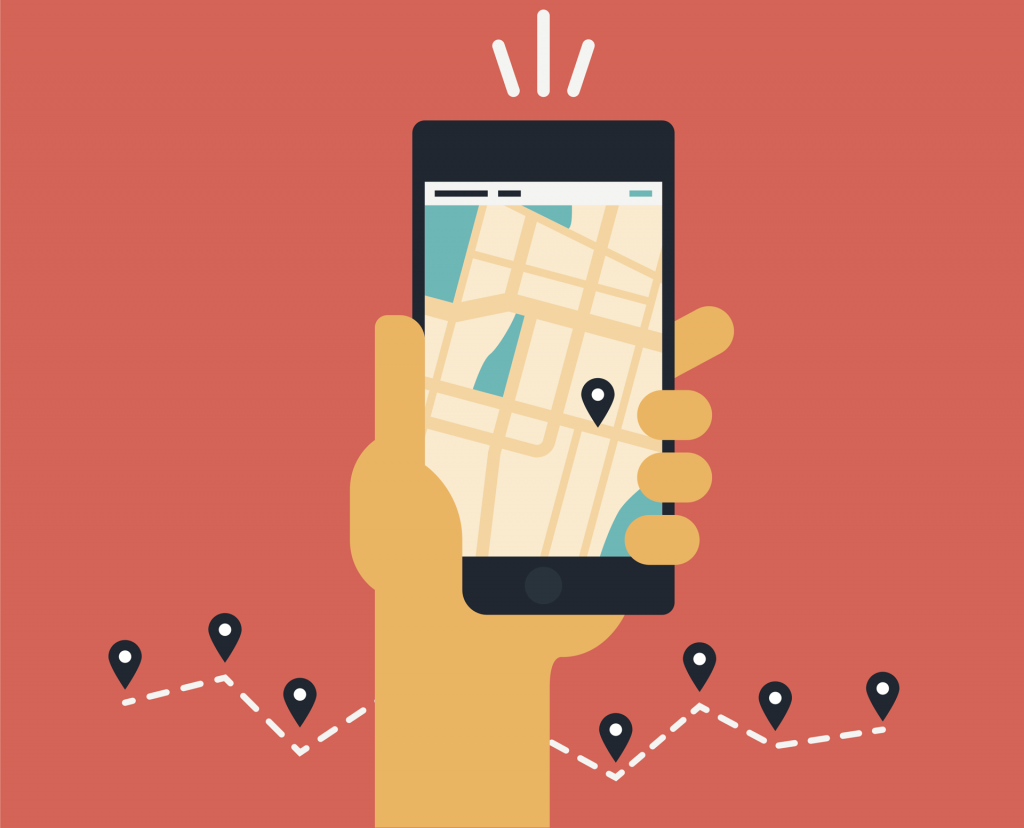Your real estate website is the backbone of your digital communications strategy. It’s your most constant asset and needs to make a strong impact on visitors. But how do you get hyperlocal traffic in sufficient volume to build your inventory of listings?
Typically, people aim to get as much traffic as possible, but that’s not the point of your real estate website. The most effective strategy for hyperlocal traffic is a real estate website that is geo-specific.
That’s how you’re going to get meaningful traffic that generates high-quality leads.
So, today, let’s discuss some simple tips to attract hyperlocal traffic to your real estate website!
1. Make yourself a known face and name around the neighborhood!
Get out there and make yourself known locally!
Most importantly, if you’re trying to establish yourself as a local authority on anything, people need to know who you are and what you do. That starts with face-to-face conversations and interactions on neutral grounds. Make a point in attending community events like farmers markets, sports games, charity runs, festivals, and other local engagements.
Get out and get to know people. Make a point of having conversations with people that have nothing to do with business or real estate. Just find ways to get to know people in your geographic farm; make a point to do this, and occasionally, just leave the business cards in the car and be in the moment learning about people.
2. Ditch the business card for swag!
Your website is a great replacement for your business card. It contains all of your contact information. Really, all you need to provide is your site URL, your email, and your cell phone number. Consider getting some customized swag to give out.
But you need to choose your swag wisely. Mousepads and USB drives are SO 2009. You can come up with some great and (relatively) inexpensive ideas which will provide value long after you give them out.
How about:
•rechargeable external battery for cell phones
•’beach kits’: flip-flops, sunglasses, beach bag and frisbee
•tin water bottles
•pet accessories
•customized phone/glasses wipes
•fun socks
•reusable shopping bags
Give people something they’ll actually use, emblazoned with your logo and contact information, then watch your traffic surge!
For some great rates and ideas, check out this online supplier!
3. Sponsor Community Events/Teams
Sponsor a recreational sports team in your farm!
Seek out local adult and children’s recreational league teams to sponsor! Why? An adult recreational league team is a group of adults in their home buying years; a minor league team is a group of kids whose parents are geographically tethered to the area.
The parents are less likely to be looking to make a move – and from a cost perspective, a kids’ team sponsorship can cost thousands of dollars per season depending on the agreement (uniforms, stadium/arena ads, game programs, etc.)
Conversely, you can sponsor an adult recreational league team for a few hundred dollars a season, and might even get a say on helping name the team, and/or an invite to join the team!
Aside from sports teams, you can sponsor runners in a charity run (or be a sponsor of the run itself). You can sponsor ‘theme-nights’ at local businesses (‘Trivia Tuesdays’ are GOLD MINES for twenty and thirty-somethings!). You can sponsor anything you’re comfortable being associated with your name! Just make sure it’s ‘on-brand’ for your professional image!
If sponsoring a specific event, be sure to promote it as part of your digital content marketing plan. 2-4 weeks of posts in advance of the event using event-related hashtags is a great way to ensure that you raise your profile adequately.
4. Produce hyperlocal content for your website
If you want to be seen as a local authority, why not position yourself as one by writing about the area and letting people reach out to you with story ideas?
Local news coverage is in decline all across North America, with most communities seeing a real decrease in truly local news media over the last decade.
Talk to local small business owners, keep a calendar of local events, do (positive) restaurant reviews, videos with local bands/musicians. Find a ‘beat’ and keep your ears open for local interest stories in your travels.
5. Ensure your content is found on Google Local Search
“Did you know that 50% of consumers who do a local search on their smartphone visit a store within a day? Same with 34% of consumers who searched on a computer or tablet.”
It’s essential to be listed on Google Local Search. That way, if someone in your area Googles ‘real estate professional’, your name shows up. If someone Googles your geographic farm name + ‘real estate professional’, your name also shows up.
Not sure how to get that ball rolling? Check out this blog for detailed instructions!
Most recently, Google has added Google Posts to their Google My Business repertoire. Google Posts let small business add 300-word ‘notes’ which appear depending on how your business is found.
While ideal for small businesses to share new deals/promotions, changes to hours and news, this function is great because the posts can be made SEO-friendly. The more posts you create, the better it is for your SEO.
A great benefit for a minimal investment!
6. Get on Yelp!
Include your real estate contact information and a physical address in Yelp
Yelp has tremendous SEO value which most can’t touch. Thanks to their method of creating auto-generated content based on a multitude of search phrases, Yelp is consistently on the front page of local SERP’s. Just by being a Yelp member, your business listing will be included in content related to what you do and where you’re located.
While your website likely won’t rank, your business listing in online directories could appear in search results, along with competitors.
In addition, having ratings-based reviews about your services online will do a lot to build your credibility! For more on how to incorporate online reviews in your marketing, have a read of this article!
Conclusion
The ability to position yourself as a local authority is significantly easier than competing with the entire internet.
You want hyperlocal attention for your real estate website. That’s how you generate high-quality leads. That begins with people knowing who you are, what you do, and where to find you online.
Simply put, promoting your hyperlocal website is actually remarkably easier than someone trying to promote a website internationally. A smaller audience is much easier to connect with and identify shared values. Your hyperlocal audience is also significantly easier to define and identify.

